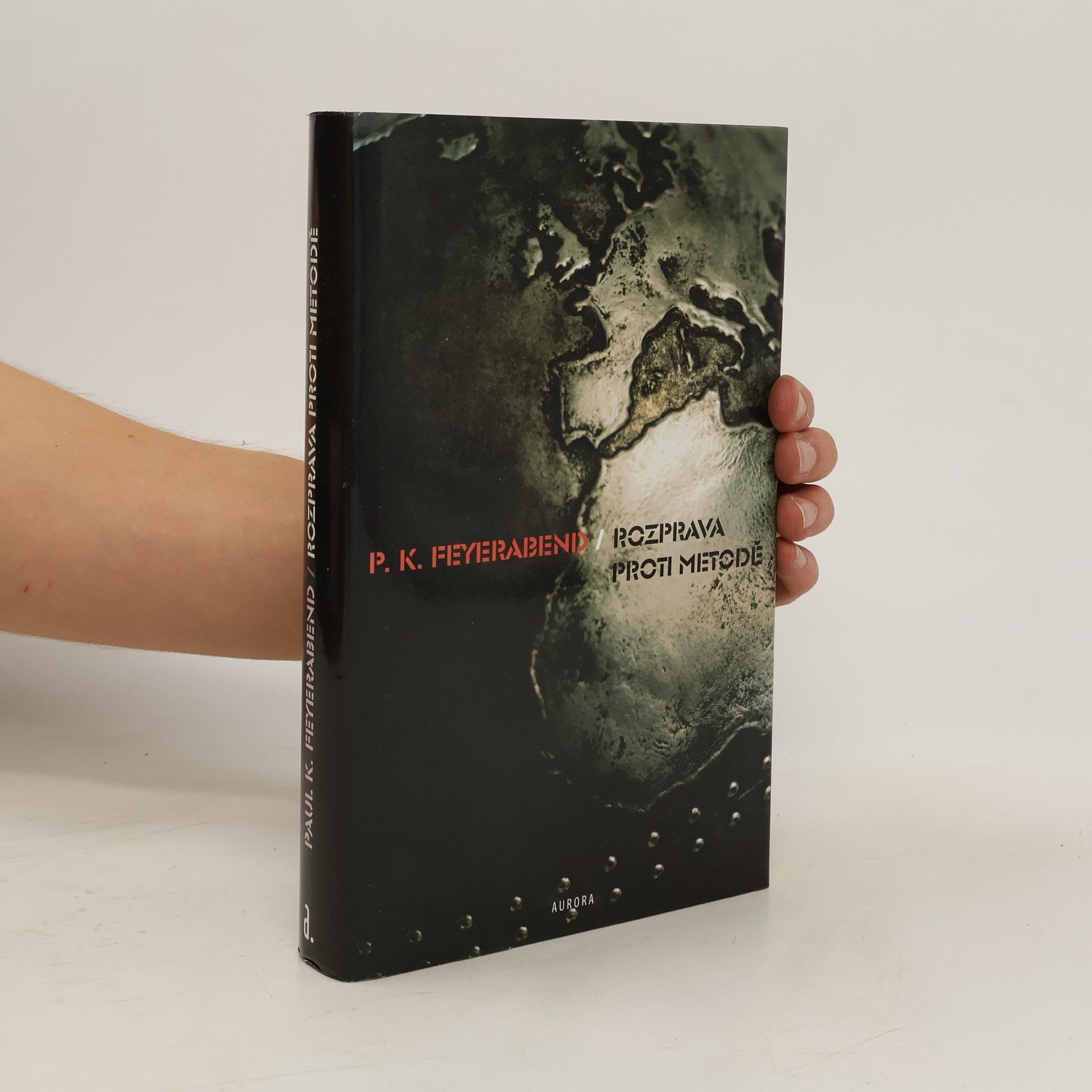Logic of Statistical Inference
- 226 stránek
- 8 hodin čtení
This book showcases Ian Hacking's early ideas on the philosophical issues surrounding statistical reasoning.
Ian Hacking is emeritní profesor filozofie na Univerzitě v Torontu, specializovaný na historii vědy. Jeho práce se zabývá především historií a filozofií vědy, zejména v oblastech pravděpodobnosti, statistiky, psychiatrie a biologie. Hacking zkoumá, jak vědecké poznatky a metody utvářejí naši realitu a naše chápání světa. Jeho přístup je často vychází z historických případových studií a analyzuje filozofické implikace vědeckého bádání.







This book showcases Ian Hacking's early ideas on the philosophical issues surrounding statistical reasoning.
The book explores the surge in diagnosed dissociative disorders, particularly multiple personality disorder (MPD), over the past twenty-five years, linking it to the prevalence of child sexual abuse. Philosopher Ian Hacking examines the moral and political implications of this epidemic, addressing the contentious debates around memory and the potential for false memories. Through this lens, he critically analyzes how society grapples with psychological trauma and the power dynamics involved in understanding and treating these complex issues.
This book combines detailed scientific historical research with characteristic philosophic breadth and verve.
Includes an introduction, contextualizing his book in light of developing philosophical trends.
Stěžejní dílo rakouského filozofa Paula Feyerabenda vzbudilo senzaci v roce 1975, kdy se po jeho prvním uveřejnění ostře rozdělil tábor příznivců a odpůrců, kteří začali polemizovat v časopisech. Feyerabend byl označován za postmodernistu a radikálního subjektivistu, jehož paradoxní tvrzení a slogany jako „anything goes“ se staly známými. Tradiční pohled na dějiny vědy jako na proces neustálého opravování kritérií poznání Feyerabend zpochybňuje, když upozorňuje, že proces „objevování“ obsahuje mnoho neurčitého a osobního; objev může být výsledkem náhody. Podle něj byly nejvýznamnější objevy učiněny díky porušení pravidel uvažování, když se vědci oprostili od konvencí myšlení. Mnohorozměrnost skutečnosti nelze zahrnout pod jediný přístup nebo metodu. Filozofický výklad je podán poutavě a srozumitelně, zaujme především lidi otevřené novým názorům. I když je Feyerabend považován za jednoho z nejvýznamnějších filozofů 20. století, v češtině vyšla zatím pouze jeho kniha Tři dialogy o vědění. Proto je české vydání jeho nejznámějšího díla významným počinem.
T. S. Kuhn byl jedním z nejvlivnějších myslitelů druhé poloviny 20. století. Jeho Struktura vědeckých revolucí, v níž vypustil do světa slovo paradigma, se sama stala paradigmatickým dílem, vzorem pro další práci o autoritě, dějinách a filosofii vědy. Vyvolala nadšené i odmítavé reakce.
Often lost in the debate over the validity of social construction is the question of what is being constructed. Ian Hacking looks at the issue of child abuse, and examines the ways in which advanced research on new weapons influences not the content but the form of science. schovat popis
Vor allem in den USA, zunehmend aber auch in Europa mehren sich die »Multiplen Persönlichkeiten«: Menschen, die in sich mehrere, meist ganz verschiedene Persönlichkeiten entdecken. Erwachsene sprechen plötzlich mit der Stimme von Kindern, wechseln zwischen Persönlichkeiten von verschiedenem Charakter, Geschlecht, sexueller Neigung und Alter. Als Ursache werden traumatische Erfahrungen in der Kindheit angesehen, fast immer solche sexuellen Mißbrauchs. Ian Hacking hat diese Epidemie Multipler Persönlichkeiten zum Ausgangspunkt seines Buches gemacht. Dabei beleuchtet er nicht nur den gesellschaftlichen Kontext, er stellt sich auch die Frage, warum die Erklärung der vielfältigen »Ichs« Multipler Persönlichkeiten durch den Mechanismus selektiven Erinnerns einen so zentralen Stellenwert bekommen konnte.
'Sozialer Konstruktivismus' ist en vogue. Man muß nur die Verzeichnisse der theoretisch ambitionierten Neuerscheinungen in den Sozialwissenschaften durchblättern, um sich davon zu überzeugen. Und die 'science wars' führen vor, daß die Debatten über die 'soziale Konstruiertheit' von Theorien und Fakten auch die Naturwissenschaften erreicht haben. Grund genug also, sich angesichts der erhitzten Diskussionen einmal die Frage vorzulegen, was eigentlich mit Äußerungen der Form 'X ist sozial konstruiert' überhaupt behauptet wird. Ian Hacking, Philosoph und Wissenschaftstheoretiker, hat sich dieser Frage angenommen und eine ebenso nüchterne wie erhellende Analyse der von 'Konstruktionisten' auf den verschiedensten Gebieten erhobenen Ansprüche vorgelegt.
Ein Buch für Philosophen und Wissenschaftler, dessen erster Teil (»Darstellen«) die wesentlichen wissenschaftstheoretischen Grundlagen und Ansätze behandelt (Objektivität, Realismus, Positivismus, Pragmatismus u. a.). Der zweite Teil (»Eingreifen«) bietet eine Einführung in die philosophischen Probleme des Experiments und der Beobachtung mit vielen Fallbeispielen aus Physik, Biologie, Chemie. Es zeigt sich, daß Experiment und Theorie voneinander unabhängig sein können. Das hat Folgen für ein adäquates Verständnis des wissenschaftlichen Realismus.